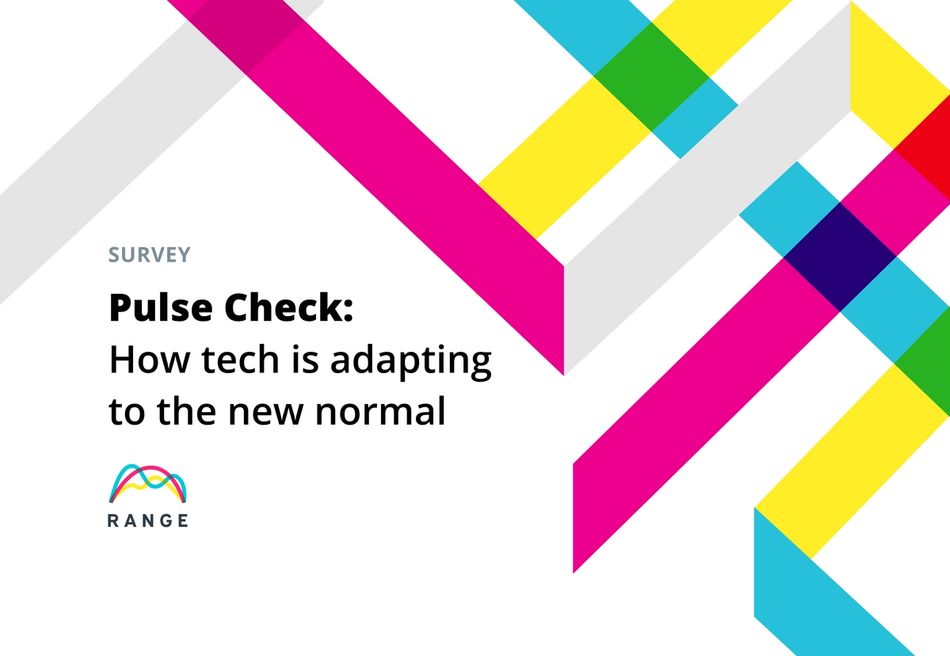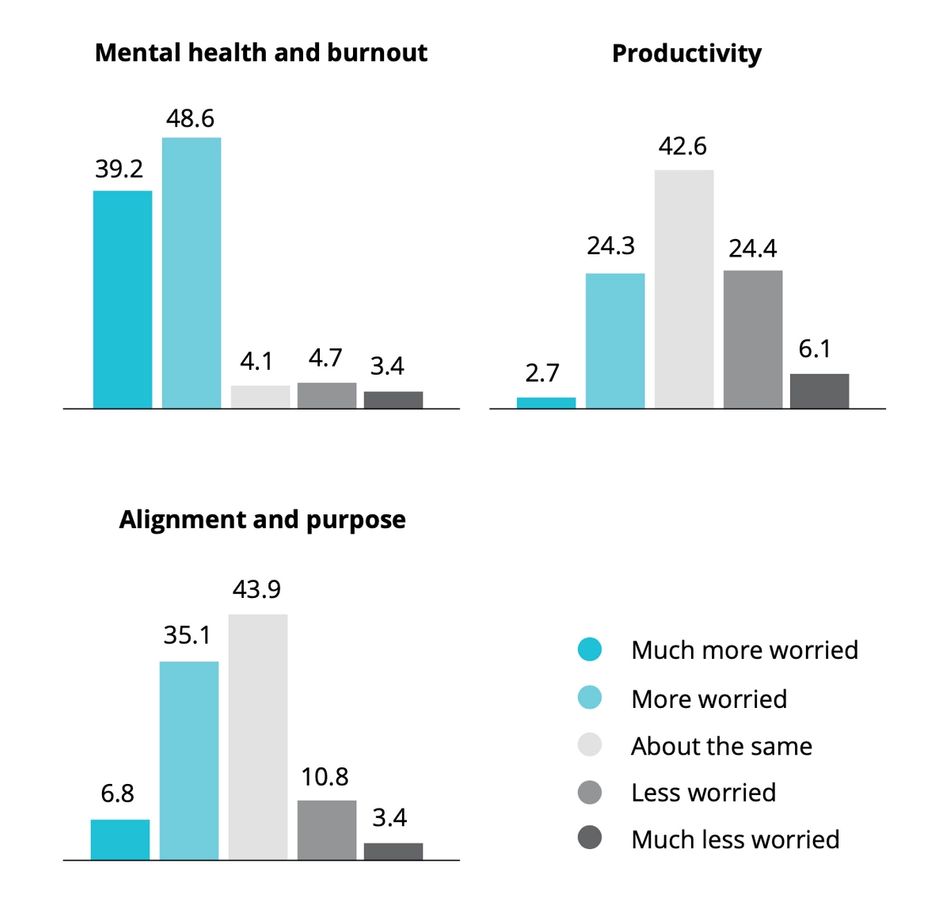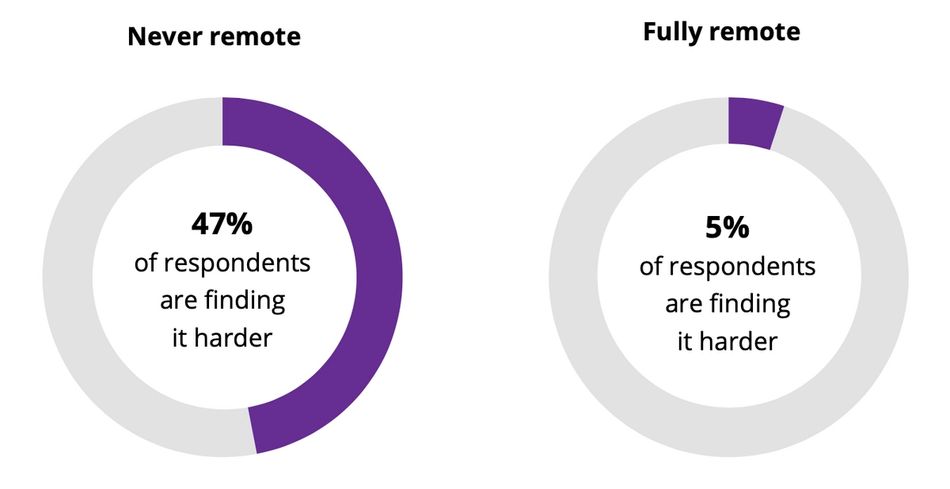
Change in the world of tech feels constant each year, from new disruptive technologies to shifts in the evolution of tech culture and the impact of technology on society as a whole. But this year has truly been transformative. The onset of the COVID-19 pandemic has fueled change in ways few could have foretold, and we are still grappling with how this will impact so much of how we operate.
Perhaps the most immediate impact is on how we work. For those thrown into not just the deep end of remote work, but a type of remote work that is far from normal, it’s been exceptionally disorienting. Trying to adapt to new ways of working, supporting kids schooling at home, figuring out how to move work forward in productive ways while also balancing well-being, managers fighting the urge to micromanage, leaders keeping in sync with their team, keeping your team culture from fraying — the list goes on. It’s exhausting.
To help us understand how people in the tech industry are dealing with these changes, we reached out to a representative sample of leaders, managers, and individual contributors for their input. The result is our Pulse Check Survey: How Tech is Adapting to the New Normal, which is now available to download for free.
The responses provide insights into the balance people are trying to strike between well being and performance. We present three top takeaways, and examine select insights around how perspectives on work are changing, what people are worried about, and how people are feeling about the future.
Mental health and productivity
One clear picture that arose is that in the post–COVID world mental health is more of a concern than productivity.
While productivity is a concern for somes people trying to adapt to new remote work practices, the majority of people surveyed were more worried about connection and belonging and 80 percent were more worried about mental health and burnout.

"I feel that my answers to many of these questions are more affected by the state of the outside world than what’s happening in our company. If we were for some reason forced into remote work that was less concerning on a meta level I think my answers would be very different." - Anonymous Respondent
Support and team connections
Getting support and help from teammates has also become a major issue. Remote practice, and practices, really help people help — many people who didn’t work remotely previously are finding connecting with teammates for help during the pandemic harder.

When it comes to goal setting, more than half of CXOs think setting goals during the COVID-19 lockdown is harder, while 80% of managers think it’s about the same or actually easier. And when asked about knowing what’s happening on their teams, half of managers and individual contributors are finding it harder, while only a third of CXOs feel teams are out of sync.
The feedback has reinforced how much transparency and open communications are key ingredients to building effective teams. As we all continue to adapt to new processes, restitch the fabric of work, and start to plan for what the future looks like, we hope the Pulse Check Survey can offer you useful insights to review with your own teams as a way to pulse check with them.








